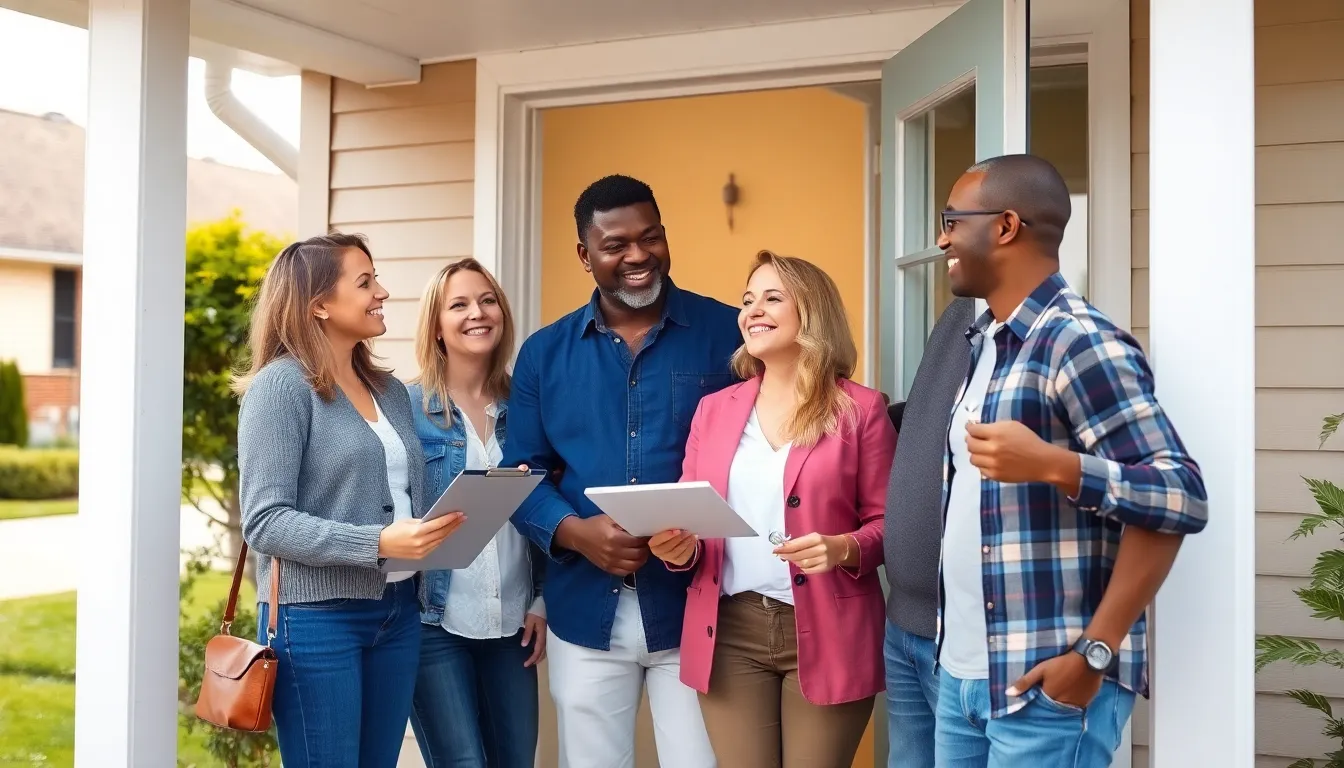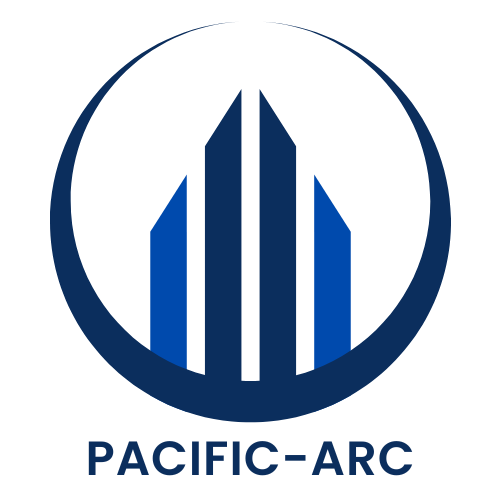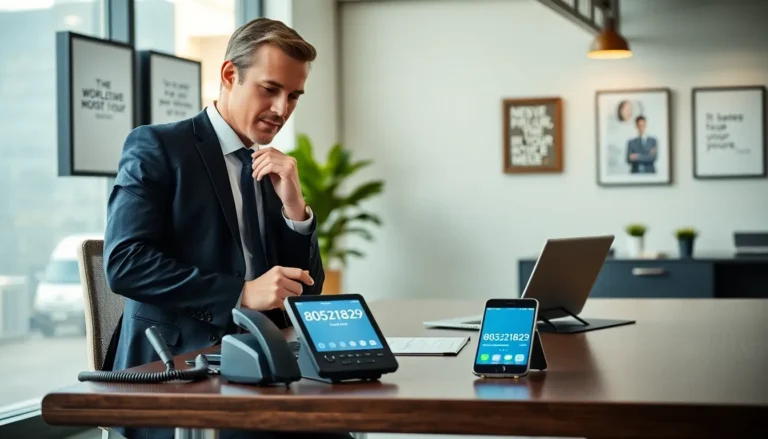Dreaming of homeownership but feeling like your savings are playing hide and seek? You’re not alone. Many aspiring buyers find themselves in a pickle when it comes to scraping together a down payment. But what if there’s a way to fast-track your path to that cozy living room? Enter the personal loan—a not-so-secret weapon that could turn your real estate dreams into reality.
Sure, borrowing money might sound like a risky game, but with the right strategy, it can be your golden ticket. Imagine walking into your new home, keys in hand, while your friends are still stuck in the renting rut. Taking out a personal loan for a down payment could be the boost you need to unlock the door to your future. Let’s dive into the nitty-gritty and see if this financial move is right for you.
Table of Contents
ToggleUnderstanding Personal Loans
Personal loans can be a practical option for individuals aiming to make a down payment on a home. These loans provide access to funds without collateral, making them flexible for various financial needs.
What Is a Personal Loan?
A personal loan allows individuals to borrow a specific amount of money from a lender for personal use. Borrowers typically repay this amount through fixed monthly payments over a set term. Interest rates vary based on creditworthiness and lender policies. Many lenders offer amounts ranging from $1,000 to $50,000. Approval can often occur quickly, sometimes within a day, providing immediate access to funds needed for a down payment.
Types of Personal Loans
Various personal loan types cater to distinct borrower needs. Unsecured personal loans do not require collateral, making them accessible to a broader audience. Secured personal loans, on the other hand, involve collateral, which may lower interest rates. Peer-to-peer loans connect borrowers directly with individual investors, often bypassing traditional financial institutions. Additionally, many credit unions offer personal loans with competitive rates, appealing to their members. Each type comes with unique terms and conditions that borrowers should evaluate carefully.
The Role of Down Payments

Down payments play a crucial role in the home-buying process. They demonstrate financial commitment and reduce the loan amount, which can lead to better mortgage terms.
Importance of a Down Payment
A down payment significantly influences the mortgage terms and monthly payments. It strengthens a borrower’s position, making lenders more likely to offer favorable interest rates. Higher down payments may avoid private mortgage insurance, while lower payments can result in additional costs. Owning equity in a home increases financial security and long-term investment potential. Achieving a substantial down payment often means better loan eligibility, allowing homebuyers to tap into lower rates and improved loan types.
How Much Should You Save?
Determining how much to save depends on specific goals and property prices. Financial experts often recommend saving at least 20% of the home’s purchase price. This amount can lower monthly payments and insulate against market fluctuations. If buyers aim for a lower down payment, they may explore options ranging from 3% to 5%, but should consider the associated costs. Setting a budget helps in identifying monthly savings targets. Many online calculators provide insights on how saving different amounts impacts loan payments over time.
Taking Out a Personal Loan for a Down Payment
Taking out a personal loan can serve as a viable option for aspiring homeowners who struggle with down payment savings. This financial tool may provide the necessary funds to transition from renting to owning a home.
Advantages of Personal Loans for Down Payments
A personal loan offers quick access to necessary funds for a down payment. Flexibility stands out, as borrowers can use these loans for various housing costs. Many personal loans feature fixed interest rates, allowing for predictable monthly payments. Additionally, approval may occur quickly, enabling buyers to seize opportunities in competitive markets. Unsecured personal loans do not require collateral, minimizing risk for the borrower. This feature can make homeownership attainable sooner for potential buyers who need immediate support.
Disadvantages to Consider
Borrowing funds for a down payment introduces financial risks. Repayment adds another monthly obligation, which may strain budgets. Interest rates on personal loans can be higher than traditional mortgage rates, increasing overall costs. Inadequate credit scores may lead to limited loan amounts or unfavorable terms. Debt accumulation also poses a significant concern, especially if existing debts already burden finances. Furthermore, lenders may perceive personal loans as a red flag, impacting a buyer’s mortgage application despite the intent to improve homeownership prospects.
Alternatives to Personal Loans
Homebuyers seeking alternatives to personal loans for down payments have various options to explore. These alternatives can provide financial support while reducing potential risks.
Government Assistance Programs
Government programs often aid first-time homebuyers. Various state and federal initiatives exist, such as the Federal Housing Administration (FHA) loans that provide loans with lower down payment requirements. Other programs include down payment assistance offerings that provide either grants or loans with favorable terms. Several states also offer specific initiatives for low-income or first-time buyers. Researching local options can uncover significant benefits.
Other Financing Options
Additional financing options present viable paths for down payment support. Borrowers can consider options like a home equity line of credit (HELOC) when they already own property. Family loans simplify transactions with lower interest rates or no interest at all. Another option is using retirement accounts, such as a 401(k), which may allow for penalty-free withdrawals for home purchases. Investigating these alternatives can provide more manageable financial solutions.
Taking out a personal loan for a down payment can be a strategic move for those eager to enter the housing market. While it offers immediate access to funds and can facilitate quicker homeownership, it’s essential to weigh the potential risks. Borrowers should carefully consider their financial situation and repayment capabilities before committing. Exploring alternatives like government assistance programs or family loans can also provide valuable options. Ultimately, the right choice depends on individual circumstances and long-term goals. Making informed decisions will pave the way for a successful transition from renting to owning a home.





